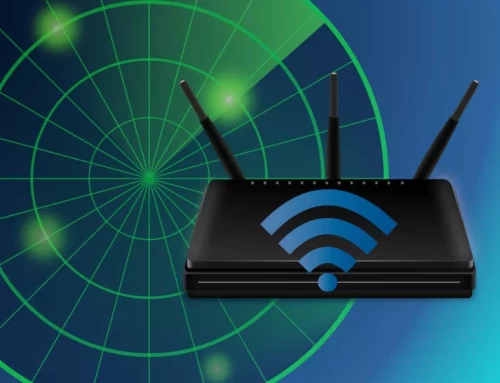Firewall
The security of data and systems is of utmost importance in today’s network world where information travels quickly across networks. A firewall is one crucial tool us by businesses to protect their networks. By monitoring and regulating incoming and outgoing network traffic in accordance with predefin security rules, a firewall serves as a barrier. This article examines the idea of firewalls, the different types of them, and how important a role they play in enhancing network security.
What is a Firewall?
A firewall is a security tool that creates a protective barrier between an internal network and the outside world, such as the Internet. Firewalls can be hardware- or software-bas. It serves as a gatekeeper, inspecting network packets and deciding whether to grant access or deny it in accordance with predefine security policies.
Types of Firewalls
Packet Filtering Firewalls: According to the OSI model, Layer 3 of the network layer is where packet filtering firewalls operate. To decide whether to accept or reject a packet, they look at its source and destination IP addresses, ports, and protocols. Although efficient, these firewalls aren’t able to inspect packet contents, which leaves them open to some attacks.
Stateful Inspection Firewalls: Stateful inspection firewalls, also refer to as dynamic packet-filtering firewalls, are able to track the status of network connections in addition to performing packet filtering. These firewalls make sure that only legitimate packets connect to those connections are permit through and keep track of all connections that have been made. Comparing stateful inspection to packet filtering alone, the security is improv.
Application-Level Firewalls (Proxy Firewalls): Proxy firewalls and application-level gateways both function at the OSI model’s seventh layer, or application layer. They serve as a bridge connecting the internal network and external systems. These firewalls examine network packet content and take action in accordance with the set-up application-specific rules. Proxy firewalls can cause latency because of the additional processing requir, despite the advanc security features they offer.
Next-Generation Firewalls (NGFWs): NGFWs are an advancement of traditional firewalls that include cutting-edge features beyond packet filtering and stateful inspection. NGFWs frequently come with features like application awareness, deep packet inspection, intrusion prevention, and integration with threat intelligence feeds. A more thorough defense against contemporary threats is offered by these strong firewalls.
The Importance of Firewalls:
Firewalls play a critical role in network security for several reasons:
Network segmentation: By using firewalls, businesses can divide their networks into sections while controlling the flow of traffic between them. Firewalls lessen the possibility of unauthoriz access and the spread of threats by isolating crucial systems and restricting access.
Access Control: Firewalls serve as gatekeepers, allowing or prohibiting access to network resources in accordance with security guidelines. By limiting access to only what is requir and lowering the attack surface, they assist in upholding the principle of least privilege.
Threat mitigation: Firewalls keep an eye on incoming and outgoing traffic, spotting and preventing nefarious or suspicious activity. They offer a crucial layer of defense by preventing unauthoriz access attempts, malware infections, and data breaches.
Firewalls are essential for complying with laws and regulations like the Health Insurance Portability and Accountability Act (HIPAA) and the Payment Card Industry Data Security Standard (PCI DSS). Organizations show their dedication to data security and privacy by installing firewalls.
Firewalls continue to be a crucial part of network security in a time when cyber threats are constantly evolving. Businesses can strengthen their defenses against unauthorized access, malware, and data breaches by implementing the right kind of firewall and configuring it to suit organizational needs. A strong firewall strategy, combined with additional security measures, helps protect sensitive data and ensures the integrity and availability of the network.
A firewall is a network security device that monitors and filters incoming and outgoing network traffic based on security policies previously established by an organisation. At its core, a firewall is essentially the barrier that sits between a private internal network and the public Internet.
What are firewalls for?
A firewall is a necessary part of any security architecture. It takes the guesswork out of host-level protections and puts them in the hands of your network security appliance. Firewalls, and especially next-generation firewalls, focus on blocking malware and attacks at the application layer. With an integrated intrusion prevention system (IPS), these next-generation firewalls can respond quickly and transparently to detect and respond to external attacks across the entire network. They can set policies to better defend your network and perform quick assessments to detect and stop invasive or suspicious activities, like malware.







